There’s so much more to Niagara than just the falls, and riding a bike is one way to take it all in.

As part of our series on places to visit this summer in Ontario, we’re exploring the Niagara region, but this road trip is from a two-wheeled perspective.
Cycle-tourism has emerged as a popular way to experience a destination while being active and savouring the experience by travelling at a slower pace.
“You’ve got the wind in your hair and the birds are chirping. You feel awesome,” said Susan Morin of Venture Niagara, the organization behind the Niagara Tourism Cycling Centre. “Especially in this world that’s going by way too fast, I think cycling offers that opportunity to really enjoy where you are and your destination in a completely different way.”
Lots of people have gotten the bug. While cycling remains a niche tourism market in Ontario, it accounts for about half a billion dollars, or two per cent of overall tourist spending, as of 2015.
Getting to know Niagara
The Niagara region has a dozen municipalities spanning from Lake Ontario to Lake Erie, with a population of under half a million. A global tourism destination, an estimated 14 million people visit Niagara each year.
It’s also one of Ontario’s best-known hotspots for cycle-tourism, with an extensive system of trails and routes.
The area’s main route, the Greater Niagara Circle, takes riders around the entire peninsula along the Niagara River, Lake Erie, the Welland Canal, and Lake Ontario. It’s largely flat — minus the Niagara Escarpment — mostly off-road, and covers 140 km.
For those with a need for speed, this route can be done in a day, but a longer stay will provide an opportunity to check out the region’s signature destinations, ranging from the natural wonder of the falls to the dozens of family-friendly entertainment attractions.
Cyclists will find lots of resources to facilitate their journey. The Niagara Cycling Tourism Centre produces a detailed map that shows all of the routes and other important info, such as the location of washrooms.
The centre, an initiative of the Community Futures Development Corporation Venture Niagara, also provides cycling-friendly business audits and other supports for businesses looking to cater to the cycling market.
“We saw a need for a better co-ordination as far as cycling tourism is concerned in Niagara so we started a project about five or so years ago,” said Morin, business development manager for Venture Niagara.
Another resource for planning trips is the Ontario By Bike Network. Through this initiative, 161 cycling-friendly businesses have been accredited in Niagara — a mix of places to stay, bike shops, cafes, restaurants and attractions. In order to be certified, accomodations have to offer overnight, covered, secured bike storage, explains Louisa Mursell of Transportation Options, the non-profit group behind Ontario By Bike.

Get breaking National news
“No matter if you’re riding a $500 bike or a $5,000 bike, you want to know if it’s safe and it’s going to be there for you in the morning,” she said.
Getting there
Niagara Falls itself is about 130 km from Toronto along Lake Ontario via the Queen Elizabeth Way.
GO Transit offers seasonal train service to and from Niagara Falls and St. Catharines on weekends. These trains feature dedicated, roll-on bike parking at no extra charge — look for the cars with the bicycle illustrations on the outside. The destination is also accessible by GO Bus and Via Rail.
For the experienced cyclist, the Waterfront Trail will get you to Niagara Falls from Toronto. The trip can be made in a day, albeit a long one. Cyclists can also shorten the ride — it’s 78 km from Burlington, for example — and take in scenic vineyards and fruit farms on the way.
What you’ll need
For casual riding, you’ll need a bicycle that is in good working order and a level of comfort with cycling and the rules of the road. A comfortable outfit, lots of water and some snacks will help you along the way, and helmets save lives.
For longer distances or multi-day rides, cyclists may want to do some training in order to get used to long hours in the saddle. It’s helpful to learn how to do basic repairs such as changing a flat tire, in case you run into trouble while far afield. There’s plenty of in-depth resources out there on how to do a multi-day bike tour and what to bring — research and planning can lead to a safe and pleasant experience.
Don’t have a bike or want a guided experience? Several companies in Niagara offer rentals and tours to suit different interests.
Points of interest
There is, of course, the main attraction — the spectacular Niagara Falls. The Canadian Horseshoe Falls stand at 180 feet tall, and the water flows at a stunning 56.3 km/h. Tours such as the Hornblower Niagara Cruise and the Journey Behind the Falls will get you as close as possible to the action.
Also in the town of Niagara Falls are the popular Clifton Hill and Lundy’s Lane tourist areas, which feature hotels, dining, along with plenty of family friendly activities such as the giant ferris wheel, mini-golf and wax museums.
From the falls area, cyclists can hop on the Niagara River Recreation Trail and head south towards Lake Erie.
In Fort Erie, you’ll find the Old Fort Erie historic site, Crystal Beach, the Point Albino Lighthouse and the off-road, 24-km Friendship Trail, a flat route that runs east-west.
Heading north from Port Colborne along the Welland Canals Parkway trail, cyclists can watch boats traverse the world-famous canal and lock system.
For those looking to head back west from Thorold, the free Port Robinson Ferry — cleverly named Bridge-It — connects pedestrians and cyclists to Chippawa and the cycling route back to Niagara Falls.
Continuing north, however, will bring you to the St. Catharines Museum and Welland Canals Centre. Visitors can watch ships enter the canal’s Lock 3 and “climb” the Niagara Escarpment.
Scenic Niagara-on-the-Lake offers plenty of opportunity to tour vineyards and experience one of Canada’s biggest wine-growing regions up close.
The historic town also offers shopping, dining and accommodations, and is home to the Shaw theatre festival, which runs from April to October.
Selfies and social posts — great spots to snap a picture
While the falls are the area’s best known photo-op, there’s plenty of other stuff to snap.
In Jordan Harbour, near St. Catharines, you can check out a local point of interest, the rusty shipwreck of La Grande Hermine.
Another landmark worth seeing is the old Robin Hood flour mill, located along the canal in Port Colborne. The towering building was built in the 1940s.
It’s also easy to stumble upon picturesque views of Lake Ontario, Lake Erie and the Welland Canal as you travel throughout the region.
Spots to eat and drink
The top 5 restaurants in Niagara Falls, according to user-submitted reviews on TripAdvisor.ca:
Queen Charlotte Tea Room
Tide and Vine Oyster House
AG
Weinkeller
Le Cascate Pizzeria & Caffe
Make a night of it
The top 5 hotels in Niagara Falls, according to user-submitted reviews on TripAdvisor.ca:
Sterling Inn & Spa
The Rex Motel
Cadillac Motel Near the Falls
Country Inn & Suites by Radisson, Niagara Falls, ON
Great Wolf Lodge
The final pitch: Why you should visit Niagara by bike
“Exploring Niagara’s diverse regions by bicycle is one of the best ways to take in the landscape, not to mention the endless attractions. Easy-cycle trails lace their way through vineyards and along shorelines, providing no end of sights and stops for the recreational rider. Or, if hills are your thing, there’s plenty of gruelling terrain to discover…and conquer.” – Tourism Niagara Canada website





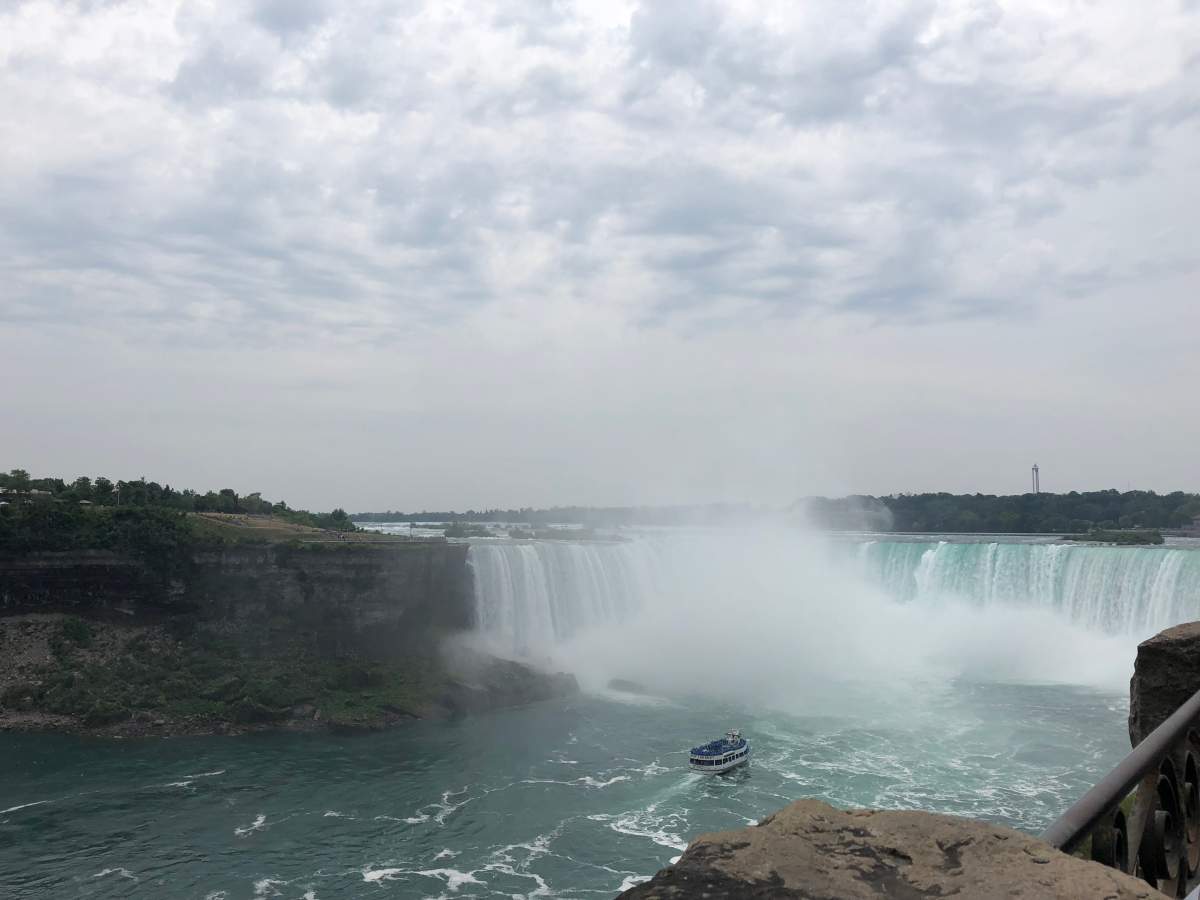




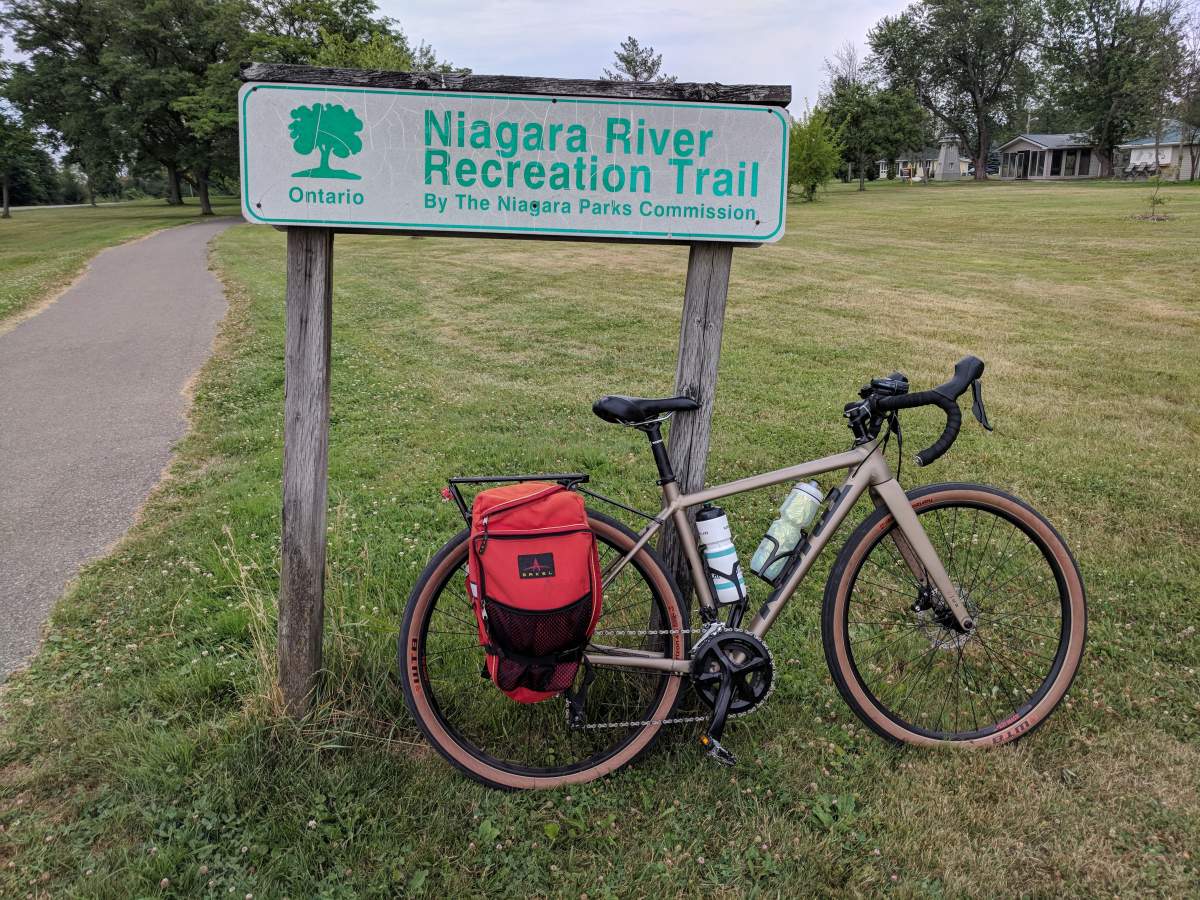
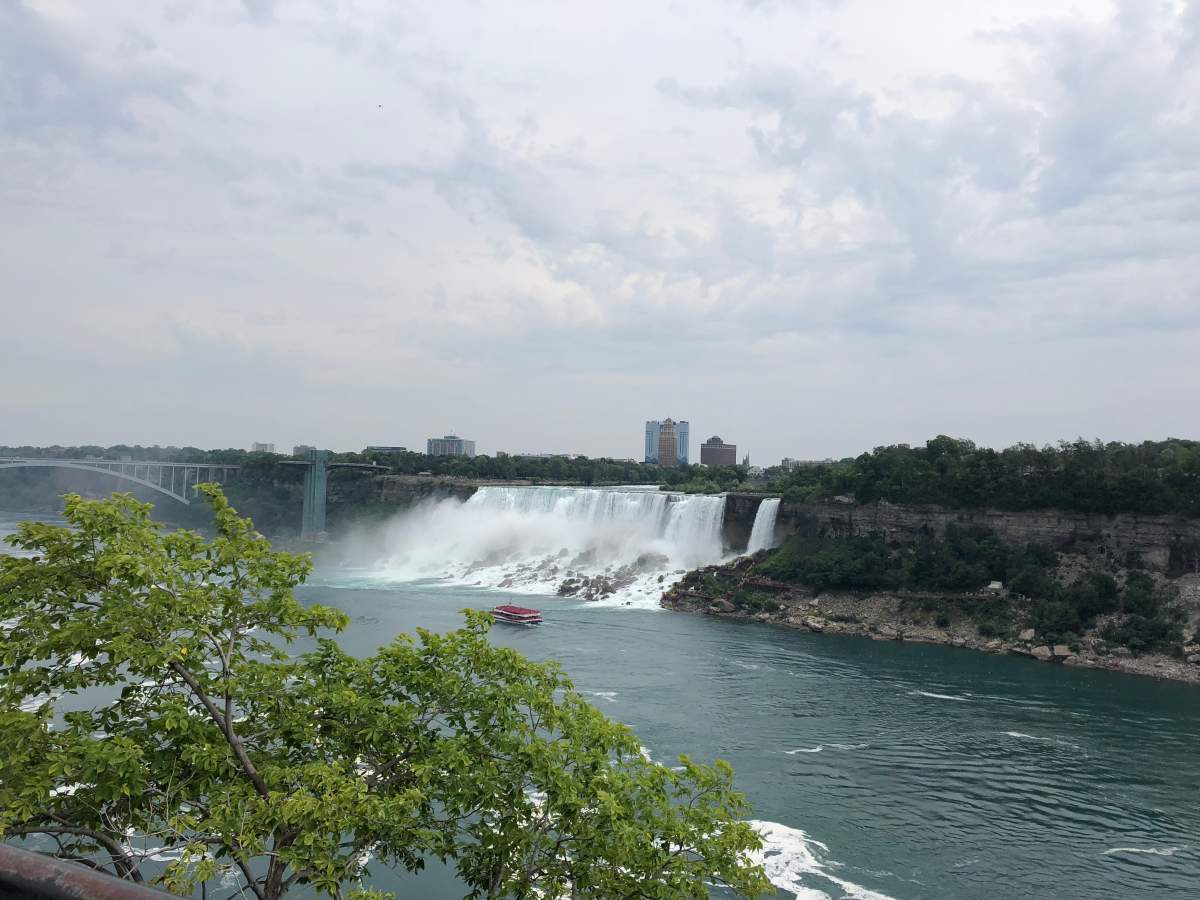



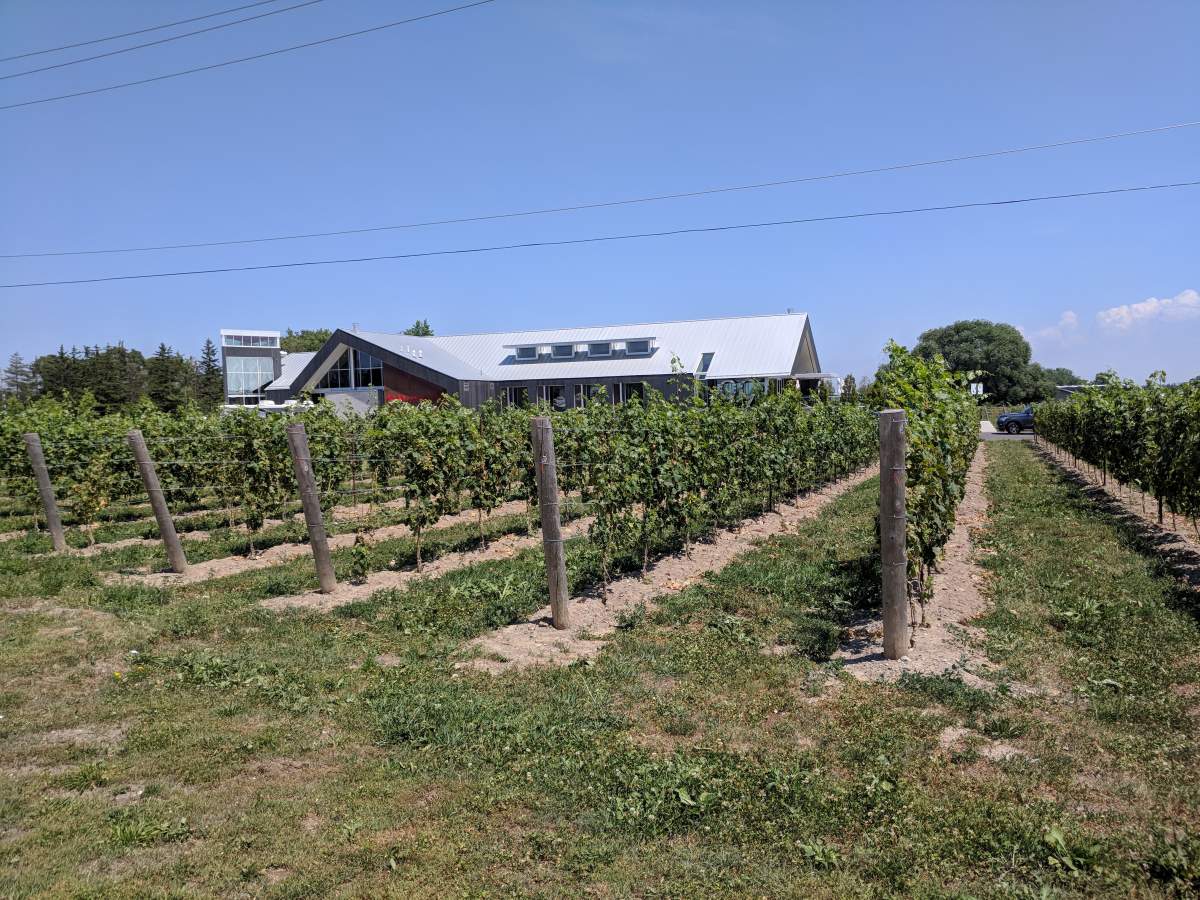
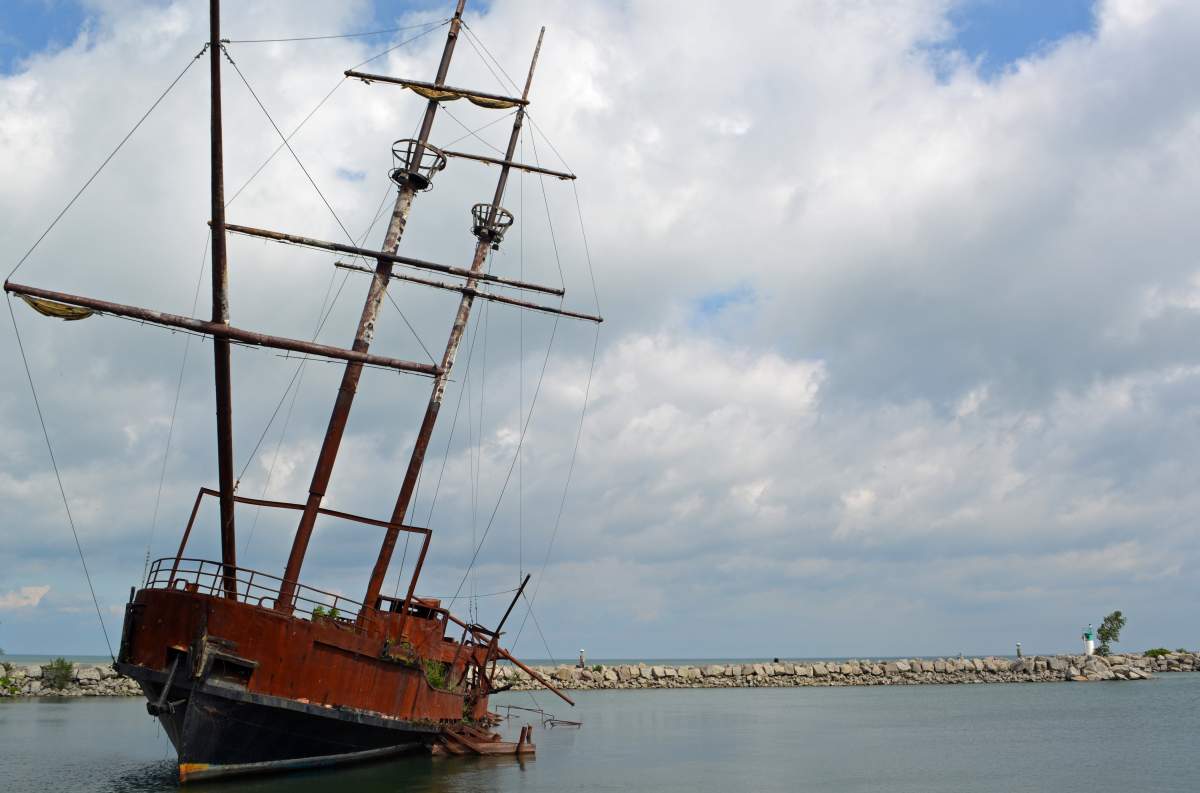
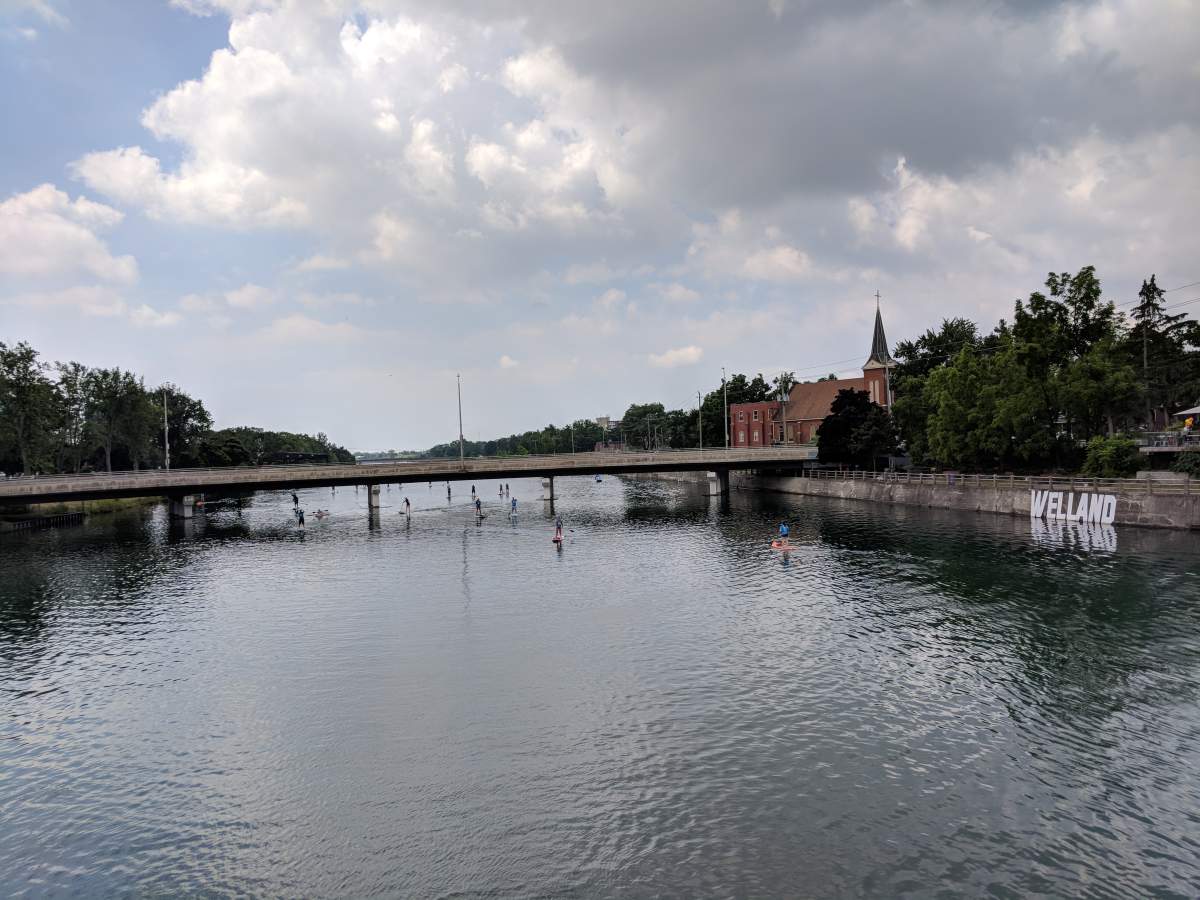
Comments
Want to discuss? Please read our Commenting Policy first.